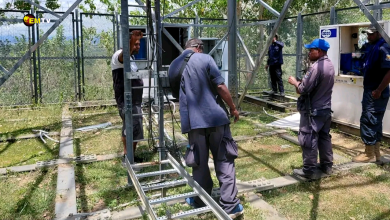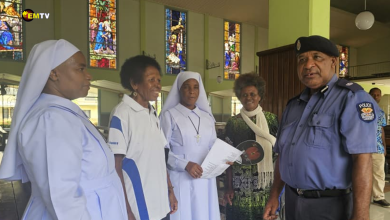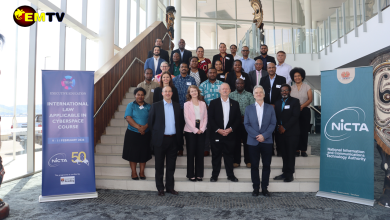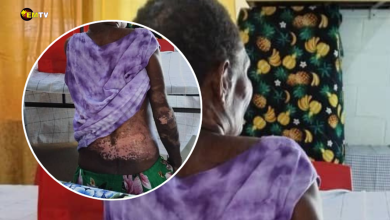A Closer Look: The Surge in COVID-19 Numbers
The National Capital District these past few weeks has come under the glaring spotlight of the media and the public as the nation braced itself with the news of rising number of COVID 19 cases including deaths.
And so it’s finally come, the test of PNG’s health mettle. COVID19 positive cases have been on a dramatic rise since July.
The big question is … why?
The first case was detected in Morobe, widely publicized and caused a near chaos.
The second case, leading to death threats and such wide stigma, was of the woman in East New Britain province, at one stage going into hiding for fear of her life.
Other cases came from the border provinces, one from the Eastern Highlands and 3 from the Western Province were also added to the tally. There was a disparity, with no known links between cases.
It left authorities perplexed, with PNG’s early cases popping up so randomly and seemingly unrelated.
Yet, for all that, it’s the nation’s capital under scrutiny at the moment. A surge in cases over recent weeks and the Central Public Health Laboratory coming under the increasingly glaring spotlight.
The PNG Institute of Medical Research (IMR) in Goroka, Eastern Highlands Province was initially tasked with sampling and testing, but that process, perhaps was mistakenly moved to Port Moresby.
Only days ago, the staff at PNGs largest health service facility, the Port Moresby General Hospital protested.
The St John’s Ambulance Service, has been overwhelmed with emergency calls. CEO Matt Canon is irate in the numerous responses to hoax messages.
The battle on the front line, then the skirmishes online information propped up across Twitter, Facebook and YouTube, are showing differing and confusing data.
And authorities have had a hard time trying to control the many conspiracy theories abounding.
At one stage the 5G network was blamed for the spread.
This is bearing in mind that there is now a law in place for dealing with those who purposely spread misinformation.
Traditionally domicile, the rise in cases has done little to curb the activities of the Nation’s Capital.
Businesses are still running and Markets still very much open, as crowded as ever. This is despite retail businesses and corporate organizations taking it up themselves to be socially responsible.
The buai ban came into effect, a massive nation-wide crack down on PNGs favourite nut with borders manned with a zeal that surpassed land, and monitored the seas and for all that effort, it’s also now back into business.
The current administration of Papua New Guinea, has pumped millions over the past few months in the COVID 19 fight. They’ve admitted that it’s a tough task.
But then the current government, and even the previous one, are inheriting a problem that should have been solved decades ago.
Current minister for Health, Jelta Wong, has come under fire numerous times, yet for all that, he too has been at the forefront, which is a lot more to say than his predecessors, who when PNG had far less debt levels then now, did little in comparison.
At present the Rita Flynn complex, now an isolation facility, is vastly inadequate should our cases skyrocket into the hundreds.
Commissioner David Manning, has issued new measures, that detail a proactive approach at containment. However, what is needed is a responsible citizenship, one that uses logic, and reasoning to the issue at hand.
Our foreign diplomacy machine has also been hard at work. With China’s growing influence across the region, it came as no surprise, when in mid-June a donation of PPEs and ventilators worth roughly a million kina came in.
The United States responded as well with the donation of 40 ventilators. It hasn’t gone unnoticed that while both nations are doing this out of humanitarian goodwill, the world’s superpowers are also asserting themselves in these trying times.
And assertiveness, is very much needed, especially domestically. Officials from both the WHO here in PNG as well as the National Department of Health and other agencies have been issuing warnings non-stop.
Not just because of the threat of COVID19, but also for basic hygienic practices. Public sentiment that the government hasn’t done enough is one thing, but the onus should also be placed on each and every single individual to decide for themselves, what the right and more importantly safe course of action is.






